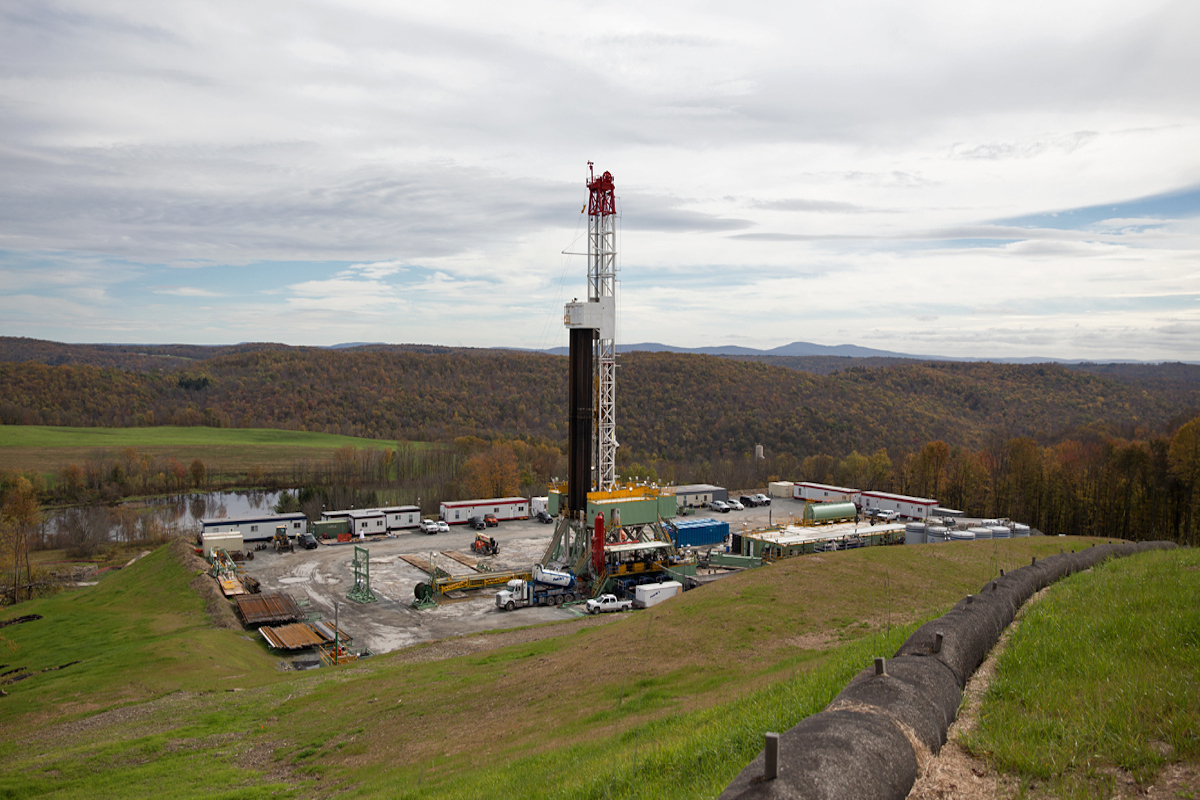In a win for environmentalists and municipalities, the Pennsylvania Supreme Court has struck down a number of provisions to the state’s oil and gas law. At issue were several items related to the 2013 Supreme Court decision in Robinson v. Commonwealth, the controversial and wide-ranging environmental ruling that eliminated parts of Act 13. On Wednesday, a majority of the court ruled that the “doctor gag rule,” eminent domain for natural gas storage facilities, and the exclusion of private wells from notification of hazardous spills is unconstitutional.
The industry no longer has a fast track to commonwealth court when it comes to challenging local zoning ordinances. And the Pennsylvania Public Utility Commission will have no role in examining local zoning decisions.
Jordan Yeager, the attorney who argued for the towns and environmental groups involved in the challenging the law, says it’s a big win.
“It’s great for the residents of Pennsylvania to have the courts recognize that their rights matter more than the gas industry’s power in Harrisburg,” he says.
Yeager said the court’s 88-page opinion repeatedly stressed the original law had serious flaws.
“It’s a great vindication for citizens’ constitutional rights,” he says. “The court said throughout the opinion that Act 13 and these provisions were a special law that simply benefited the gas industry.”
The gas industry was not as effusive about the decision.
“We’re disappointed in aspects of the court’s ruling,” Marcellus Shale Coalition president David Spigelmyer said in a statement. “[It] will make investing and growing jobs in the Commonwealth more—not less—difficult without realizing any environmental or public safety benefits. Despite this ruling, our industry remains deeply committed to adhering to the high bar set by Act 13, a common sense bipartisan law that modernized our oil and natural gas regulatory framework and serves as a national model for other states.”
Continue reading this story at StateImpact Pennsylvania »
###

